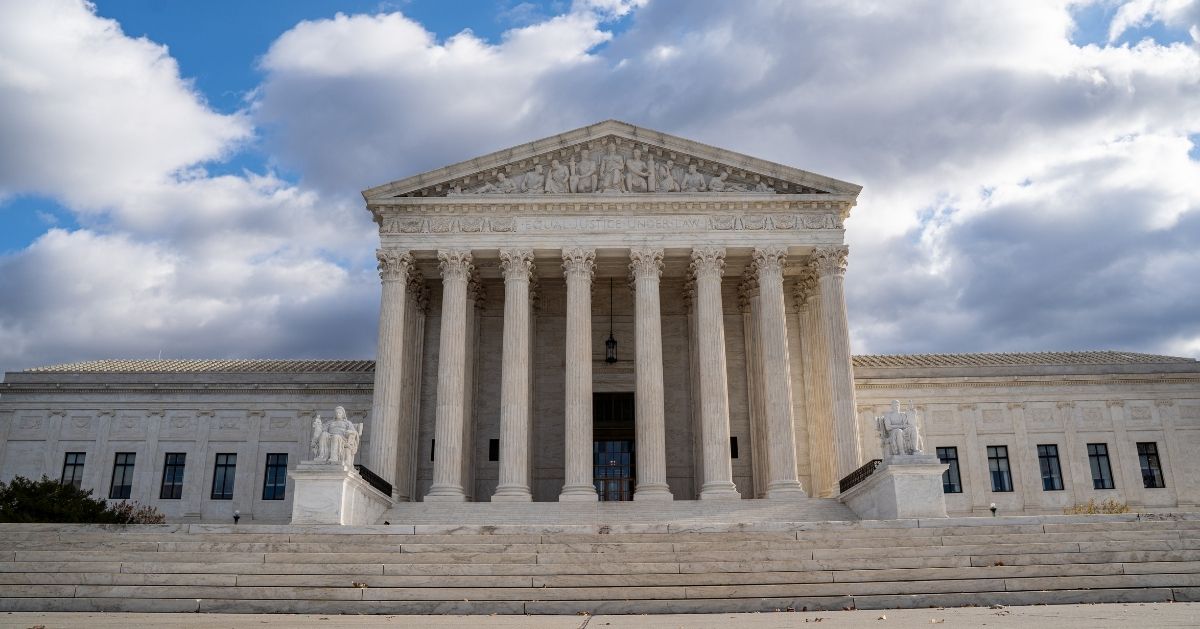The sequence of events began early on December 4, when someone killed Brian Thompson outside the New York Hilton Midtown. Detectives identified Mangione as the suspect and pursued him in an intense search that ended with his capture in Altoona, Pennsylvania, on December 9.
Detectives found Mangione at a McDonald's and seized several incriminating items, including a ghost gun with a compressor, cash, fake IDs, a manifesto, and a letter addressed to federal authorities outlining his lone-wolf attack.
This arrest revealed a broader narrative, as authorities discovered Mangione's materials detailing his dissatisfaction with the healthcare system, which appeared to motivate his actions.
Manifesto and Motives Behind The Assassination
Investigators discovered that Mangione had been planning his attack since August, carefully gathering information about Thompson's movements and routines. In an October notebook entry, he indirectly referenced a significant investor conference Thompson was scheduled to attend, laying the groundwork for the December attack.
On December 23, authorities arraigned Mangione before the Manhattan Supreme Court, where he faced 11 state criminal charges. He pleaded not guilty, despite confessing in his letter and emphasizing the self-funded and independent nature of his actions.
The case quickly drew widespread attention as demonstrators gathered in New York to show support for Mangione and voice their dissatisfaction with the healthcare industry.
Public Reaction and Support For The Defendant
Protestors carried signs such as "UHC Kills. Death by Denials," clearly voicing the broader community's frustration with the healthcare system. Alicia Thomas, one of the protestors, emphasized this sentiment, stating that it not only reflected their concerns but also forced her to reflect on societal values and the future world for their children.
Similarly, Nicholas Zamudio openly shared his struggles with the healthcare system, explaining how his experiences deeply resonated with the issues Mangione's actions brought to light.
In addition, the demonstrators expressed dissatisfaction with health insurers, suggesting that their opinions could potentially influence the jury's perspective during the trial.
Expert Predictions On Trial Outcome
Larry Levine, a known prison expert, commented on the potential trial outcomes, strongly suggesting that public sentiment against health insurers could lead to Mangione being found not guilty by reasons of insanity.
Levine predicted a convoluted trial process, stating, "It's gonna be about the healthcare system, and the prosecutor will say, 'Well, you need to ignore the fact that the healthcare system does this.' That's why this whole thing is gonna be convoluted. He won't be found guilty, they'll retry him, he won't be found guilty, and they'll just do a civil commitment. I guarantee it."
The common demographic tendencies of juries, which often include older individuals who may hold personal grievances with the healthcare system, further support this skepticism. These individuals could potentially adopt a sympathetic stance towards Mangione.
Legal Proceedings and Upcoming Court Dates
Mangione's legal battle continues as he awaits further court proceedings. His next appearance in state court is scheduled for February 21. However, a prior federal court appearance will occur on January 18, which could set the tone for the ensuing legal discussions.
As the case unfolds, the intersection of criminal justice and public healthcare opinions continues to stir significant public interest. This could potentially shape not just the outcome of this case but also influence broader conversations about the healthcare system in America.
Ultimately, the upcoming trials will not only decide Mangione's fate but also highlight critical issues surrounding healthcare policies and their impacts on society.

